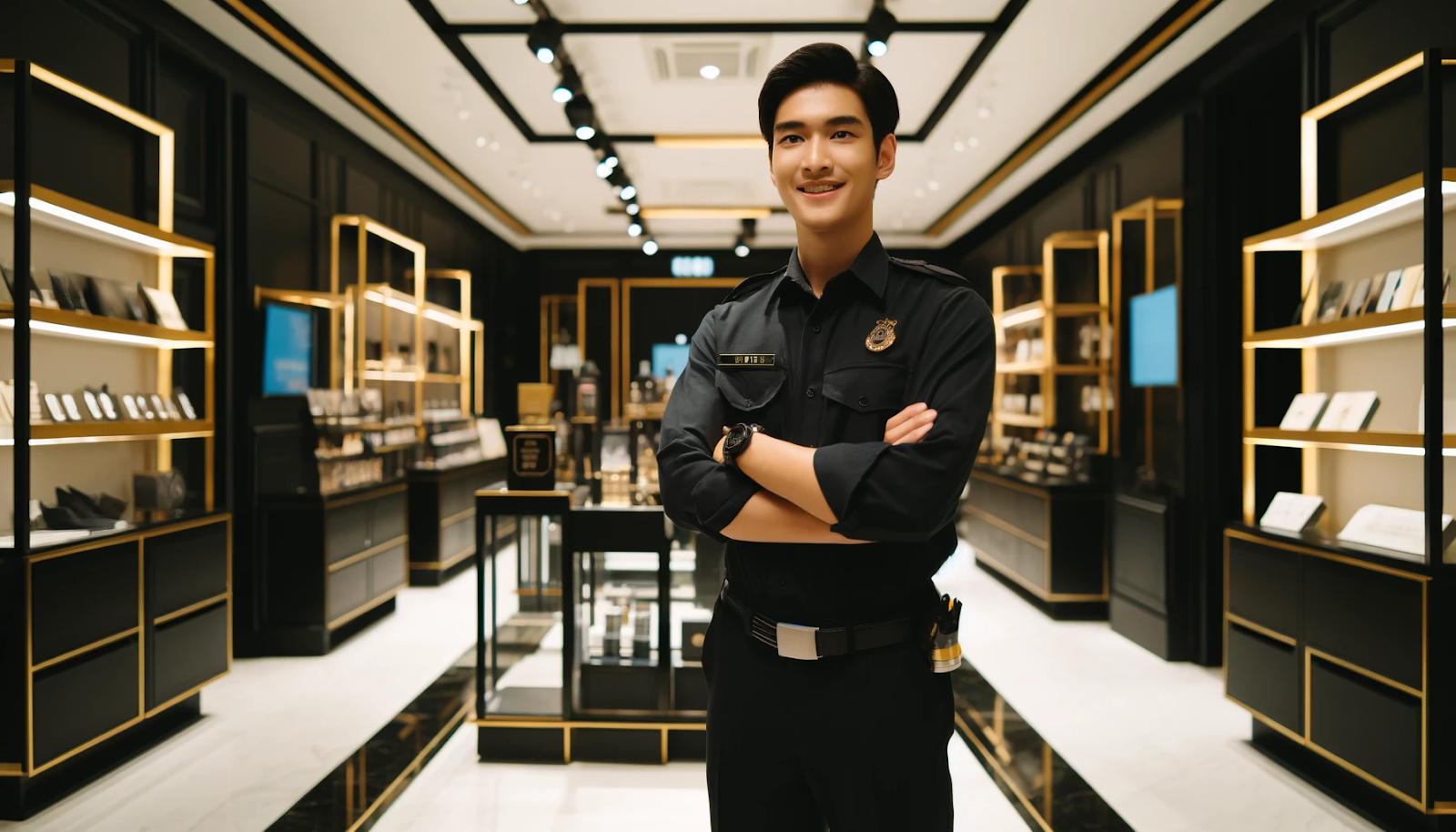Creating a safe and secure environment in retail spaces is essential to protect customers, employees, and inventory. By implementing effective design strategies, property managers, chief security officers, and security company hiring managers can significantly reduce the risk of criminal activities. This blog post explores practical methods to enhance security in retail environments.
Importance of Secure Retail Design
Security in retail spaces isn't just about preventing theft; it's about creating a welcoming environment that makes customers feel safe. A well-designed space can deter potential criminals and ensure a positive shopping experience.
Key Elements of Secure Retail Design
1. Surveillance Systems
Installing high-quality surveillance cameras is a fundamental aspect of retail security. Position cameras to cover all critical areas, including entrances, exits, aisles, and cash registers. Ensure that the footage is monitored in real time and stored securely for future reference.
2. Lighting
Proper lighting is crucial in deterring criminal activity. Well-lit areas reduce hiding spots and make monitoring the space easier for security personnel. Ensure that parking lots, entrances, and the store's interior are always brightly lit.
3. Layout and Design
The layout of the store should allow for clear visibility across the space. Avoid creating blind spots where shoplifters can conceal themselves. Use low shelving and mirrors to enhance visibility.
4. Access Control
Implementing access control measures can significantly enhance security. Electronic locks and key cards restrict access to sensitive areas such as stockrooms and offices. Regularly update access permissions and monitor entry logs.
5. Security Personnel
Having a visible security presence is an effective deterrent. Security guards can monitor for suspicious behavior, assist customers, and respond quickly to incidents. Ensure that guards are well-trained and equipped to handle various situations.
6. Alarm Systems
Install alarm systems to alert staff and authorities in case of a break-in or other emergencies. Alarms should be placed at entry points, and panic buttons should be accessible to employees.
7. Signage
Clear signage can deter potential thieves. Use signs to inform customers and potential criminals that the area is under surveillance and that security measures are in place. This can include warnings about the consequences of theft.
Enhancing Security Through Technology
1. Smart Surveillance
Advanced surveillance systems equipped with AI can detect unusual behavior and alert security personnel in real time. Facial recognition technology can identify repeat offenders and alert staff immediately.
2. Inventory Management Systems
Integrate inventory management systems with security protocols to track stock levels and identify discrepancies. This helps quickly identify theft and reduce losses.
3. Mobile Security Solutions
Security personnel can use mobile apps and devices to monitor the store remotely. These solutions can provide real-time updates and allow for quick response to incidents.
Designing with Security in Mind
1. Exterior Design
The exterior of the store should be inviting and secure. Use bollards or barriers to prevent vehicle-ramming attacks, and ensure that windows and doors are reinforced to withstand forced entry.
2. Customer Flow Management
Design the layout to manage customer flow efficiently. Use barriers and signage to guide customers through the store, reducing the chances of theft and ensuring that all areas are easily monitored.
3. Employee Training
Train employees on security protocols and how to respond to various scenarios. Regular drills and updates can keep security practices fresh in their minds, ensuring a quick and effective response to incidents.
FAQs
Q: How often should surveillance footage be reviewed?
A: Surveillance footage should be reviewed daily, especially during high-traffic times, to identify any suspicious activities.
Q: What type of lighting is best for security purposes?
A: LED lighting is recommended because it is bright, energy-efficient, and has a long lifespan.
Q: How can technology improve retail security?
A: AI-powered cameras, inventory management systems, and mobile security solutions enhance monitoring and response capabilities.
Q: What are some common signs of suspicious behavior in retail spaces?
A: Loitering, frequent trips to fitting rooms without trying items, and large, empty bags are some signs to watch for.
Q: Is it necessary to have security personnel on-site 24/7?
A: While not always necessary, having security personnel during peak hours and overnight can significantly deter criminal activities.
By focusing on these key areas, retail spaces can be designed or modified to enhance security and provide a safe and pleasant environment for both customers and staff.
.png)
.png)
.png)

.png)
.png)

.png)
.png)
.png)
.png)
